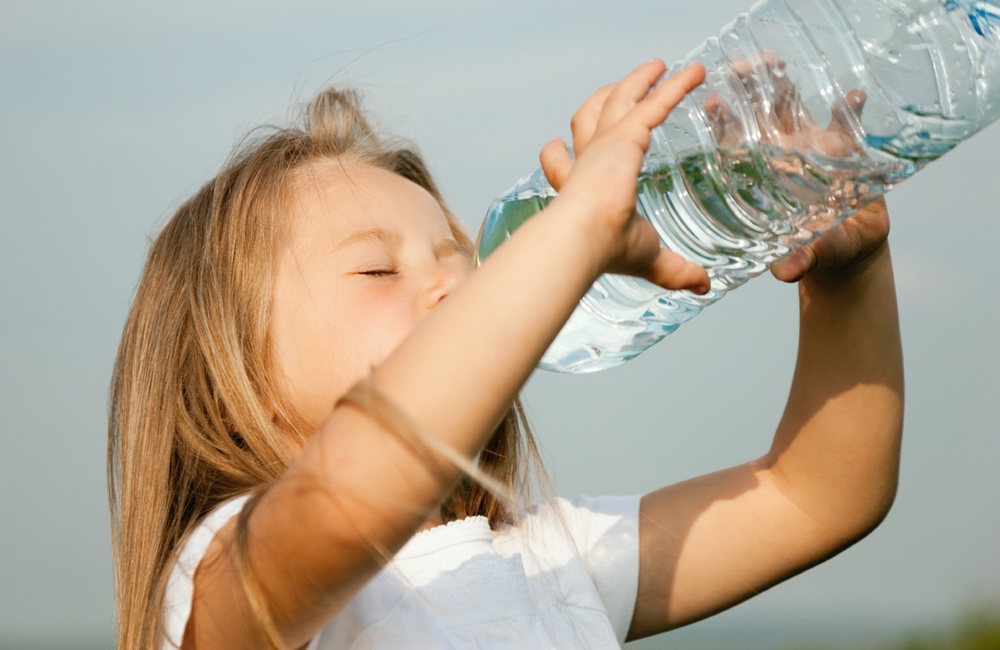Instead of pushing their kids to study more, parents concerned about grades might want to suggest a run. Moderate to vigorous physical activity is connected to better academic performance, according to a new British study of teenagers.
The results could affect public health and education policy by motivating schools and parents to promote physical activity among students. Recess is being phased out in many grade schools, and as high schools struggle to reach academic goals, gym, too, is under attack.
The more intense the exercise, the greater its effect on grades.
Not only did the positive effect of exercise on students’ grades last, and the researchers also noted a dose-response effect: the more intense the exercise, the greater its effect on grades. Physical activity seemed to offer a special boost to girls’ science grades.
The study does not explain the reason for the connection, but it may be related to the recently-discovered understanding of how exercise affects the brain. Just why girls’ academic performance seems to benefit most from exercise is not clear, Josephine Booth, corresponding author on the study, told TheDoctor. It may be that other factors are at work, so more research is needed.
The results themselves, however, were not too surprising. Previous studies have found similar relationships, according to Booth, a lecturer in psychology at the University of Dundee in Scotland.
The study looked at physical activity levels and academic performance among roughly 5,000 children enrolled in the Avon Longitudinal Study of Parents and Children (ALSPAC). When the children were 11 years old, the investigators measured the duration and intensity of their physical activity levels for periods of three to seven days, using a device called an accelerometer. Teens who reported exercising at moderate to vigorous intensity showed improved academic performance.
Overall, the picture wasn't especially good. Boys logged an average of 29 minutes per day of moderate to vigorous physical activity, while the girls got an average of 18 minutes per day, both significantly less than the recommended 60 minutes per day.
Fortunately, it is not difficult to work together as a family to develop healthy lifestyle habits.
The take home message for parents, Booth said, is that exercise not only improves physical health, it also improves academic performance, and young people should be encouraged to meet the recommended guidelines of at least 60 minutes of physical activity daily.
The study is published online in the British Journal of Sports Medicine.




